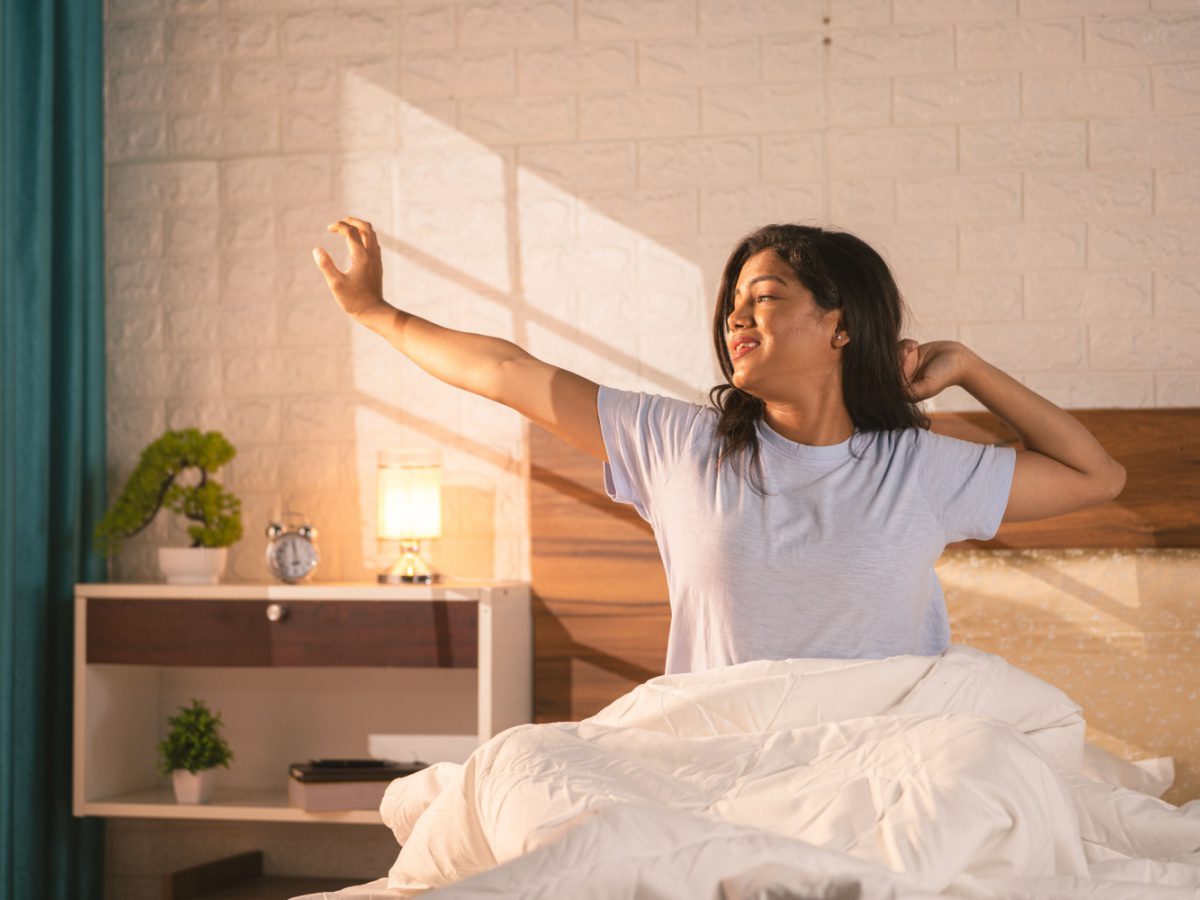
It’s been called the morning miracle, getting up before everyone else and winning the day, but does it actually make you more focused and productive? The extreme early start as a cultural phenomenon first exploded on social media, inspired by Robin Sharma’s book The 5 am Club and other hashtag-friendly titles such as The Miracle Morning and Power Hour. Leadership guru Sharma’s catchphrase “Own your morning, elevate your life” has inspired legions of smug people – sorry, highly disciplined individuals – to share their impressive #5amClub routines (17.5m TikTok posts).
To a skeptic, there is a degree of magical thinking to much of this. If you can just do this one thing – get out of bed while others sleep – you will have time to get fit, eat healthily and achieve all your goals. Still, after scrolling through a tsunami of turmeric lattes, gratitude journals and sun salutations, you’re inspired to try it. Why is this so hard? Russell Foster, head of the Sleep and Circadian Neuroscience Institute at Oxford University, said he wants to know why you would want to sign up for the 5 am club in the first place. To say he is scathing about the fetishization of the early start would be an understatement.
He said, “There’s nothing intrinsically important about getting up at 5 am. It’s just the ghastly smugness of the early start. Benjamin Franklin was the one who started it all when he said, ‘Early to bed, early to rise makes a man healthy, wealthy and wise,’ and it’s been going on ever since. It goes back to the Protestant work ethic – work is good, and if you can’t or won’t work, that is, by definition, bad. Not sleeping is seen as worthy and productive.” There is plenty of research indicating that getting up early can make you happier and even make you eat more healthily. However, Foster points out a major pitfall. “In order to get enough sleep, many people would need to go to bed at 9 pm. Unfortunately, most of us aren’t able to do that because we have all this stuff we need to do, whether that be helping kids with homework or putting a load of washing on. So, the danger is, we don’t actually get to bed when we should, and another factor is that other people are likely to be still making noise around you, so how are you going to get to sleep?”
Foster raises some excellent points, but some are still keen to master an earlier wake-up. Will it get easier over time? Sleep psychotherapist Heather Darwall-Smith isn’t so sure. “We each have a chronotype that determines our body clock. Everyone knows some people are morning larks and others who are night owls,” she says. “But actually, most people fall somewhere in between. So, there will be people who can go to bed at 10 pm and wake naturally at 5 am, and it’s a routine that fits with their chronotype. But many of us are not like that. And let’s not forget, there are lots of people who have a 5 am wake-up imposed on them by their work shifts.”
